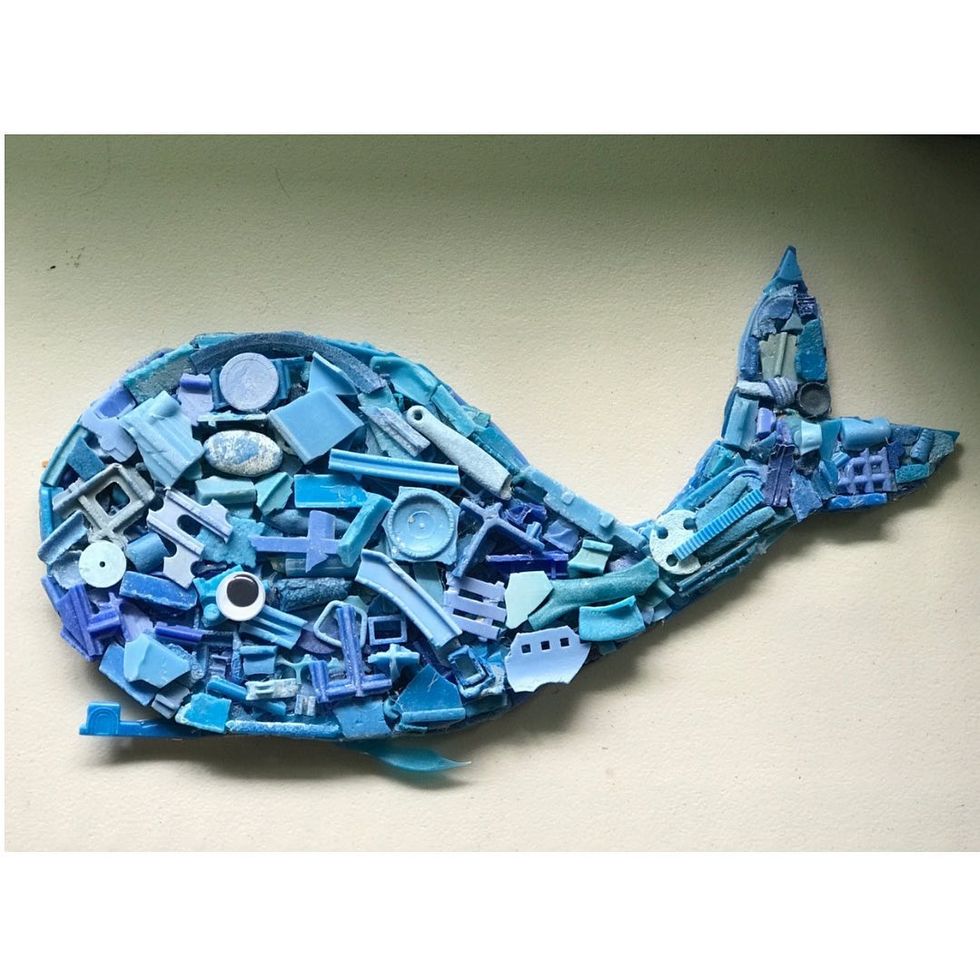A potential solution to recycling plastics has been found at Berkeley Lab by scientists who published their findings in Nature Chemistry. We currently face a $2.5 trillion impact from plastic pollution worldwide. Not only has this negatively affected the global ecosystem, other impacted areas include fisheries, recreation, and heritage. What's more, only 9.1% of plastics made in the U.S. in 2015 were recycled, down from 9.5% the previous year.
Traditional plastics can't be recycled due to their chemical composition which puts a strain on the recycling system.
Ultimately, plastics are disposed of which harms ecosystems and animals and clogs up waterways, or burned which releases CO2 emissions. Plastics are disposed of rather than recycled as they are a byproduct of petroleum, made of molecules known as polymers, which are made of compounds containing carbon, known as monomers. When the chemicals and the plastic are combined for commercial use, the monomers bind with the chemicals. The process at the recycling plant becomes difficult because without being able to adequately separate the chemicals and the monomers, the results of the new products are unpredictable.
This is where the Berkeley Lab breakthrough becomes important. The scientists discovered a new way to assemble the plastics at a molecular level and reuse them into new materials of any color, shape or form. It's called PDK
Also known as poly(diketoenamine), this new plastic material could reverse the pile-up of plastics at recycling plants because, at a chemical level, the carbon-based molecules and polymers are reversible through an acid bath process.
Lead author Peter Christensen, on why the study was needed and why this breakthrough is important, is because "most plastics were never made to be recycled." The goal with this product is to create a circular lifeline for plastic where it can be recycled and used for numerous products like adhesives, phone cases, and computer cables.
Since PDK only exists in the lab, for now, it is important to remember that progress doesn't happen overnight. Brett Helms, a staff scientist at Berkeley Lab's Molecular Foundry, is excited about this breakthrough because of the "opportunity to make a difference for where there are no recycling options." However, the landscape is looking grim. Despite the efforts of countries to curb and stop the use of plastic, the amount of plastic is still increasing and spreading. Therefore, it is our job to continue to recycle and continue our current efforts, until PDK becomes readily available for commercial use.









































